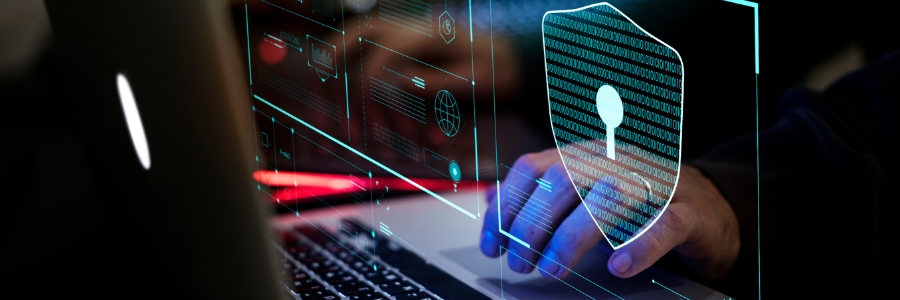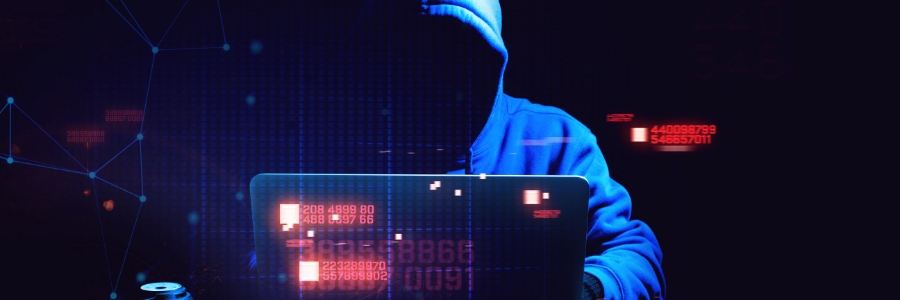In the 1950s, hackers simply referred to individuals with curious minds tinkering with the potential of computers. However, the rise of personal computers in the 1980s led to a shift. Hackers, often teenagers, began exploiting vulnerabilities for the thrill of breaking into systems, particularly those run by governments.
A look at the different types of hackers
Understanding your enemies: The 5 types of hackers that will attack your business
Defend your business from these 5 types of hackers
"Know thine enemy" — it means to get to know them and their motives. In this blog, we take a close look at the five types of dangerous hackers, what their motives are, and how they operate.
Script kiddies
In terms of skill, script kiddies (or skids, for short) are at the bottom of the hacker totem pole.
Watch out for distributed spam distraction
A lot of people get a handful of spam in their email inboxes every day. While spam can be a nuisance, it only takes a few minutes to delete or block spam. But if you receive tens of thousands of spam all at the same time, a huge chunk of your time and energy will be wasted on dealing with them — and they might actually be hiding telltale signs that you're being attacked by cybercriminals.
Beware of these 4 types of hackers
Hackers come in all shapes and sizes. From kids wanting to gain notoriety on the internet to political groups trying to send a message, the motives for a cyberattack vary widely. So how can you protect yourself? It all starts with getting to know your enemy a little better.
Chrome and Safari: hackers’ newest tools
Filling out web forms often seems like an unbearably monotonous obstacle that gets in the way of online shopping, booking a plane ticket, and doing other types of online registration. With many of today’s transactions done online, people have become accustomed to relying on their browsers’ autofill function to save time.
Threat alert: self-replicating ransomware
The worrisome rise of ransomware doesn’t seem to be slowing as Microsoft recently announced the detection of self-propagating iterations of the malware. With this evolution, it is essential for SMBs to update their understanding of this security threat in order to properly protect themselves.
4 different types of hackers
Hackers come in all shapes and sizes. From kids trying to gain notoriety on the Internet to political groups trying to send a message, the motives for a cyber attack vary widely. So how can you protect yourself? It all starts with getting to know your enemy a little better.
4 Security risks to consider with BYOD
Taking work home, or practically anywhere else, has never been easier. With personal mobile devices, your employees can access company files wherever they are. Bringing your own device (BYOD) has become a popular strategy for many businesses to conduct work more efficiently and flexibly.
This small business was hacked. Are you next?
When it comes to the online security of their business, many SMB owners consider it an afterthought. They think their business is too small to be of any concern to cyber criminals, and there’s good reason for this mentality. How often are security breaches to SMBs listed in the news? Rarely.

